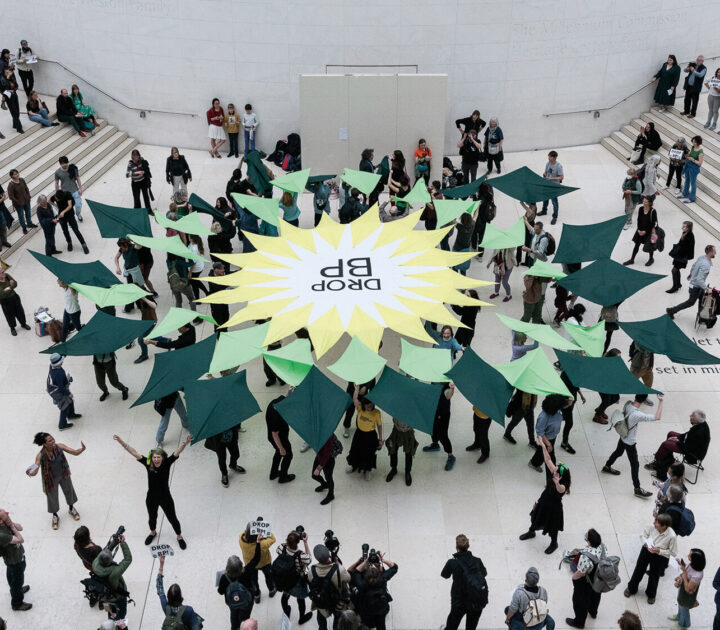Values-based entrepreneurship: Opaline's bubbles (Abridged)
Orsières (Valais, Switzerland) April 2020. Opaline, an original juice production company with high social and environmental standards had begun in 2010. It took founder Sofia de Meyer over 10 years to build a responsible and impactful company aligned with her own aspirations, not just a lifestyle venture but one that would capitalize on her deeply rooted values, shared with many in the valley. Opaline was her experiment to prove to the world that a different type of capitalism was possible, one that put human and environmental aspects where they belonged – at the epicenter of a business revolution. De Meyer had regularly been asked in interviews why Opaline was not trying to grow faster, rather than ensuring that its existing suppliers and distributors developed alongside the company. She always replied by drawing an analogy with a growing forest, in which no tree stood much higher than the others or else it would fall, alone, with the next storm. The analogy proved robust but now a more violent storm – a global pandemic – was brewing that was hurting everyone at once. What would it mean for all the projects the team had set out for 2020? And more fundamentally, could Opaline weather this storm as it had already done several times thanks to its strong ecosystem of partners? Would it pay the price for not having extended its roots deep enough when it could?
- To understand the principles of values-based entrepreneurship
- To understand what motivates purpose-driven companies
- To recognize the importance of having a strong ecosystem of partners
Opaline, Consumer Goods, Food and Beverage
2020-2021
Cranfield University
Wharley End Beds MK43 0JR, UK
Tel +44 (0)1234 750903
Email [email protected]
Harvard Business School Publishing
60 Harvard Way, Boston MA 02163, USA
Tel (800) 545-7685 Tel (617)-783-7600
Fax (617) 783-7666
Email [email protected]
NUCB Business School
1-3-1 Nishiki Naka
Nagoya Aichi, Japan 460-0003
Tel +81 52 20 38 111
Email [email protected]
IMD retains all proprietary interests in its case studies and notes. Without prior written permission, IMD cases and notes may not be reproduced, used, translated, included in books or other publications, distributed in any form or by any means, stored in a database or in other retrieval systems. For additional copyright information related to case studies, please contact Case Services.
Research Information & Knowledge Hub for additional information on IMD publications
The case study delves into strategic transformation and leadership transitions at Unilever since 2009. Unilever has been an industry leader of busi...
In recent years, sustainable leadership has emerged as a powerful force reshaping corporate strategies worldwide. At its core, sustainable leadersh...

Research Information & Knowledge Hub for additional information on IMD publications
Research Information & Knowledge Hub for additional information on IMD publications
Research Information & Knowledge Hub for additional information on IMD publications
in I by IMD 5 July 2024
Research Information & Knowledge Hub for additional information on IMD publications
Research Information & Knowledge Hub for additional information on IMD publications
Research Information & Knowledge Hub for additional information on IMD publications
Research Information & Knowledge Hub for additional information on IMD publications
in Hitotsubashi Business Review Summer 2024, vol. 72, no. 1
Research Information & Knowledge Hub for additional information on IMD publications
in I by IMD Magazine June 2024, no. 14, pp. 48-53
Research Information & Knowledge Hub for additional information on IMD publications
in I by IMD Magazine June 2024, no. 14, pp. 33-35
Research Information & Knowledge Hub for additional information on IMD publications







